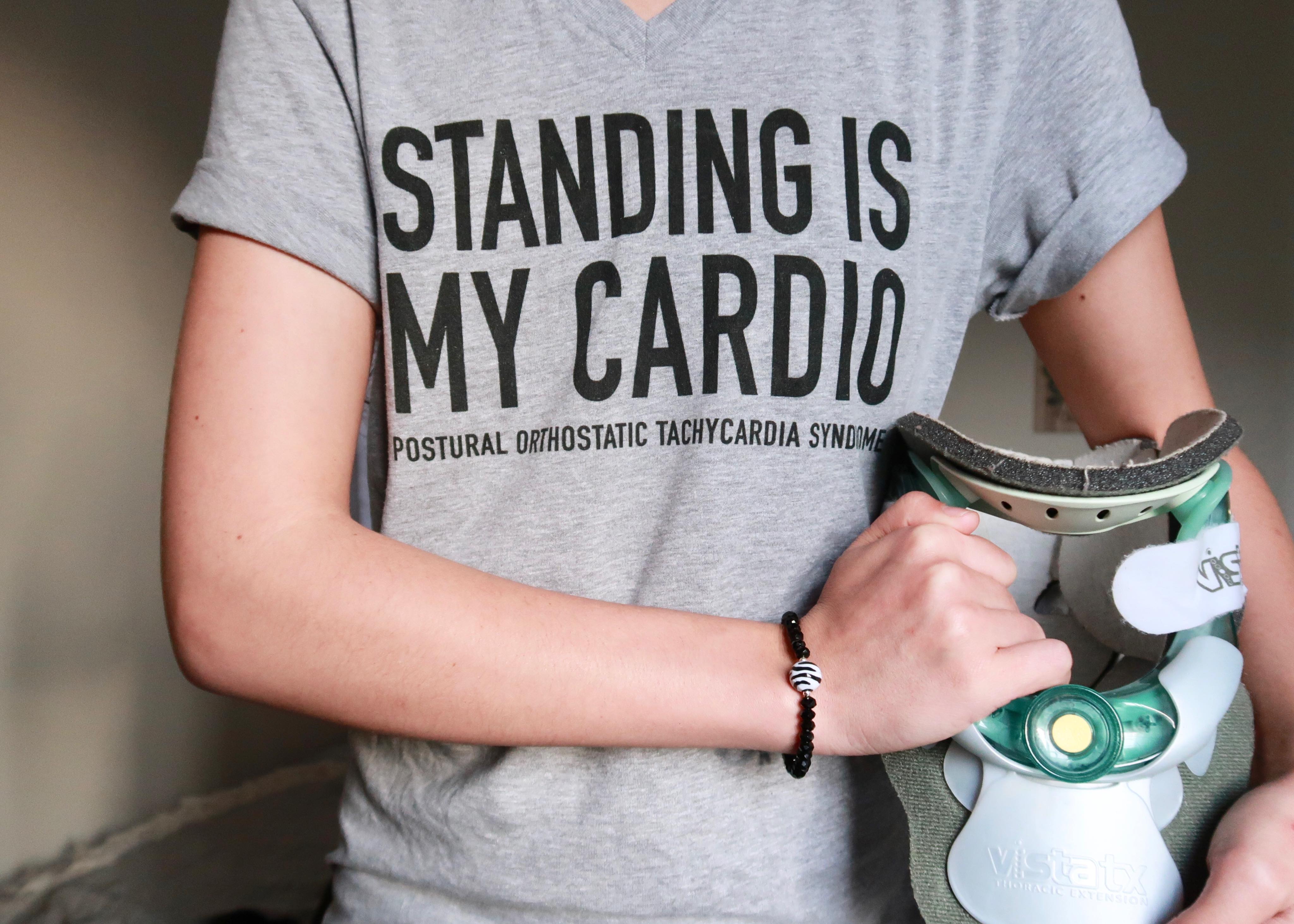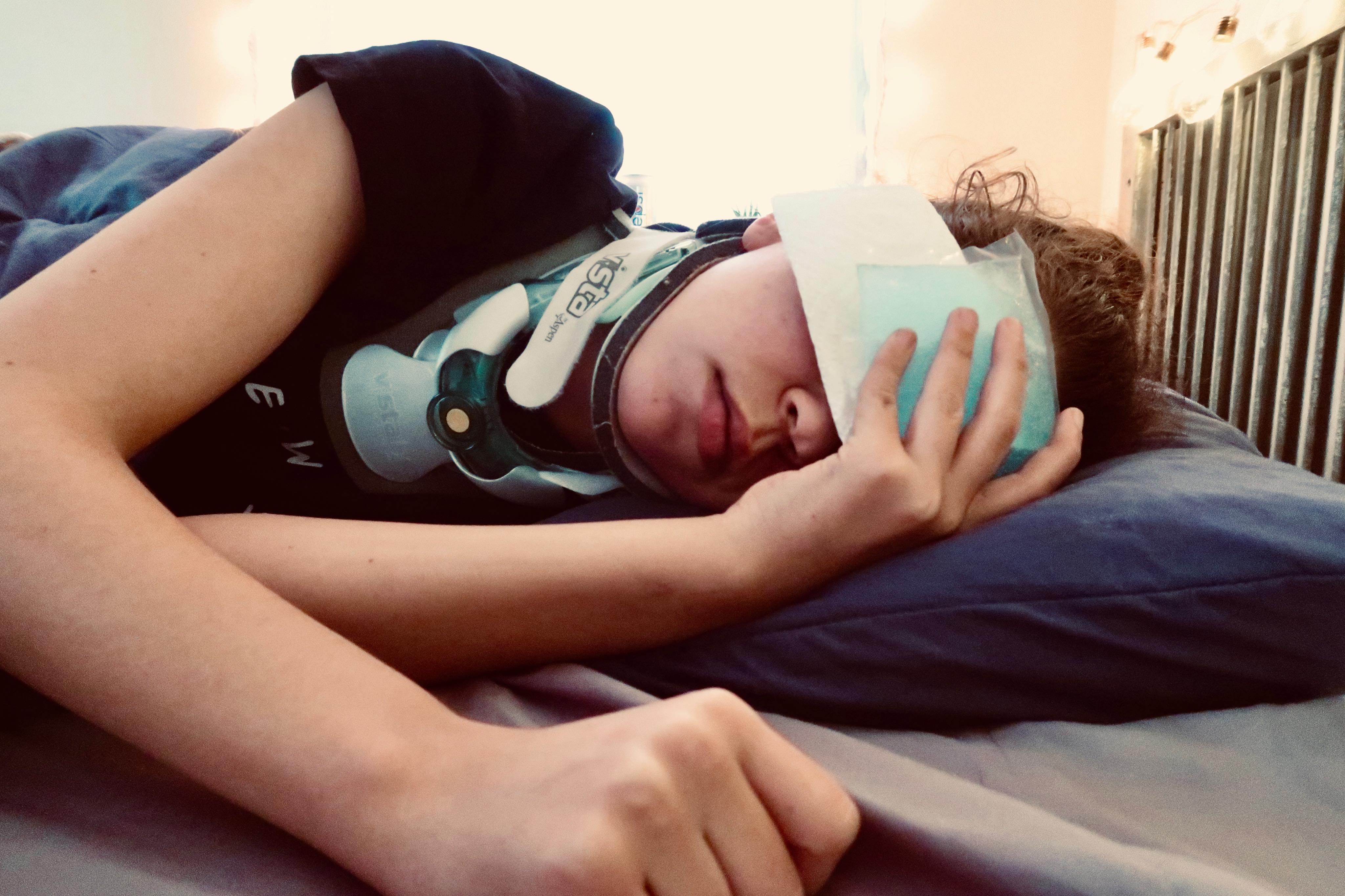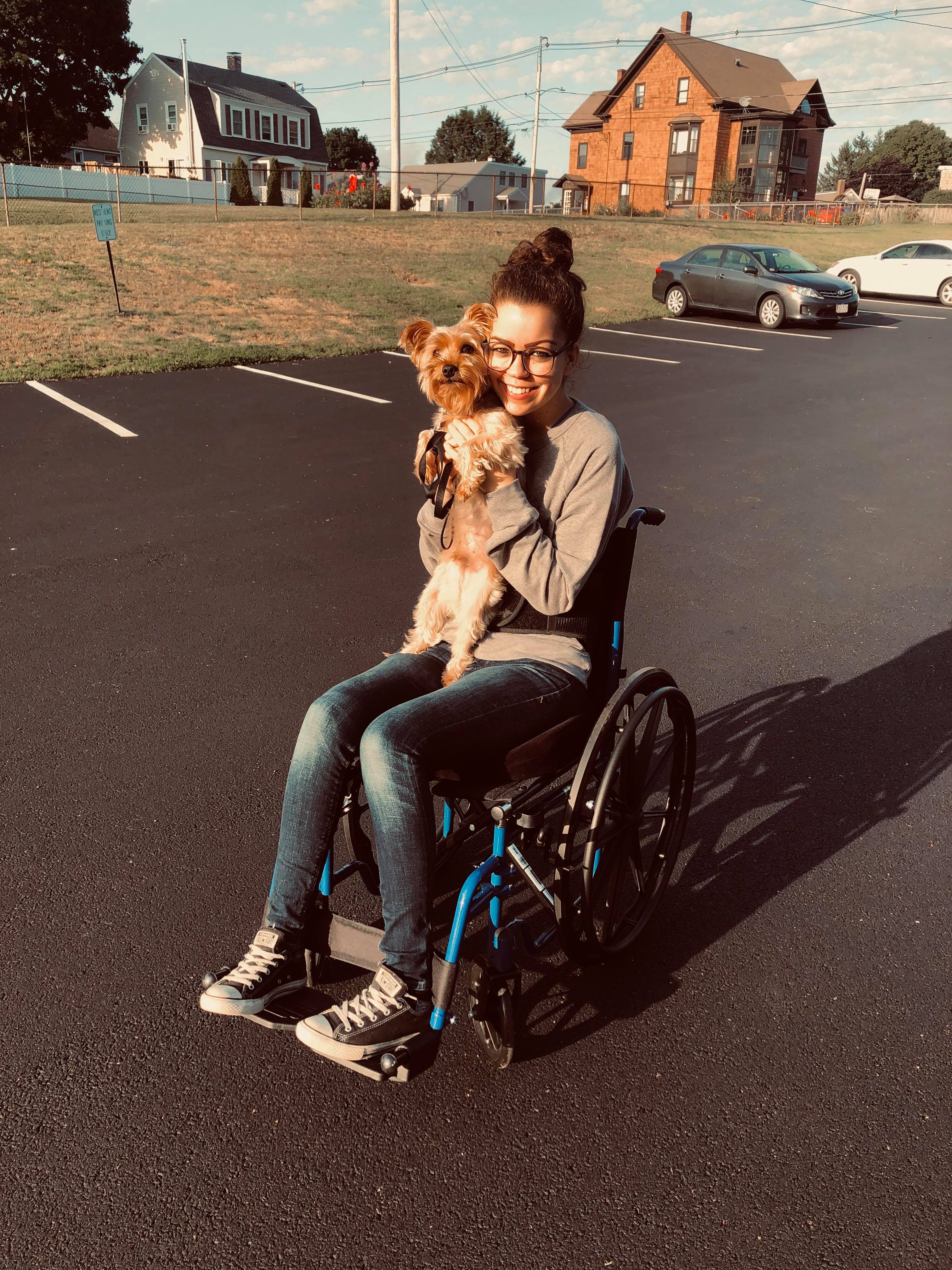Society tells me I look too healthy to be disabled. My medical records tell me I’m too disabled to be healthy. When the world tries to mute what my body is so clearly screaming at me, I’m left feeling stuck in a painful game of tug-of-war.
• What is Ehlers-Danlos Syndrome?
• What Are Common Ehlers-Danlos Syndrome Symptoms?
When you’re young and/or have an invisible illness, lots of people have opinions on whether or not you are actually “sick enough” to be disabled. Usually, that’s based on whether you look the part in their eyes. I’ve been told so many times that I don’t look sick so therefore I must not be, that I am not disabled because I can walk, that I’m just too young to feel true pain. Apparently you have to look like a zombie, be glued to a wheelchair, and be old and gray before you’re allowed to be disabled.
The truth is, I don’t think I know for sure where I am on the scale that ranges from healthy to disabled — as if such a scale even exists. In fact, if there were a set scale, I’d be a little scared to try and determine where I fall because my body seems to take such knowledge as a challenge to top itself. I’m pretty sure my body would say, “Ha, hold my Diet Coke and watch this. Just kidding, you can’t, because I just inexplicably took away your ability to hold anything.”

The one thing I am confident of is that when someone else decides I’m not sick enough to call myself “disabled,” the first thing that pops into my head is, “Well I definitely don’t feel like my body has been enabled to function, that’s for sure.”
Just because I don’t fit in someone’s “severely disabled” box doesn’t mean the only other option is that I’m healthy and don’t need or deserve accommodations or assistive devices.
When I turn down the volume of outside opinions, there is no doubt in my mind that I am disabled. It’s not a dirty word, and I’m not ashamed of it. With multiple incurable illnesses, all of which are able to disable a person individually let alone when combined, I’d be flat out lying if I said I was a healthy 26-year-old woman.

I don’t want to be disabled, but I have come to accept my reality.
It’s important to note, however, that disability does not equal absolute inability.
Disability can mean being able to walk, but needing a wheelchair part-time.
Disability can mean being able to go on vacation, but needing many accommodations to make the trip bearable.
Disability can mean being able to eat and drink, but needing supplemental nutrition or hydration via feeding tubes.
Disability can mean so many things, but being disabled does not mean you’re unable to do everything a healthy person can do. Every disabled person’s situation is different, but many things can still be accomplished with a disability when the appropriate accommodations are available. Receiving accommodations begins with belief and acknowledgement from others.
Society tries to tell me that I’m not disabled because I’m young and don’t look like I’m seconds away from dying 24/7, and that is an extremely damaging assumption. No one should have to make sure they visually match the blue wheelchair sign before stepping outside of their house in order to avoid someone trying to strip them of their right to accommodations and respect.

So, whether I’m in my wheelchair and covered in braces, or I am dressed nicer with a smile on my face, I’m still disabled. I’m still sick.
There is immense physical pain in my body no matter what I look like on the outside.
Dear world, not all disabilities are visible all of the time. But it doesn’t mean they’re not there and not valid. Don’t try to tug away someone’s reality because it doesn’t make sense to you.

